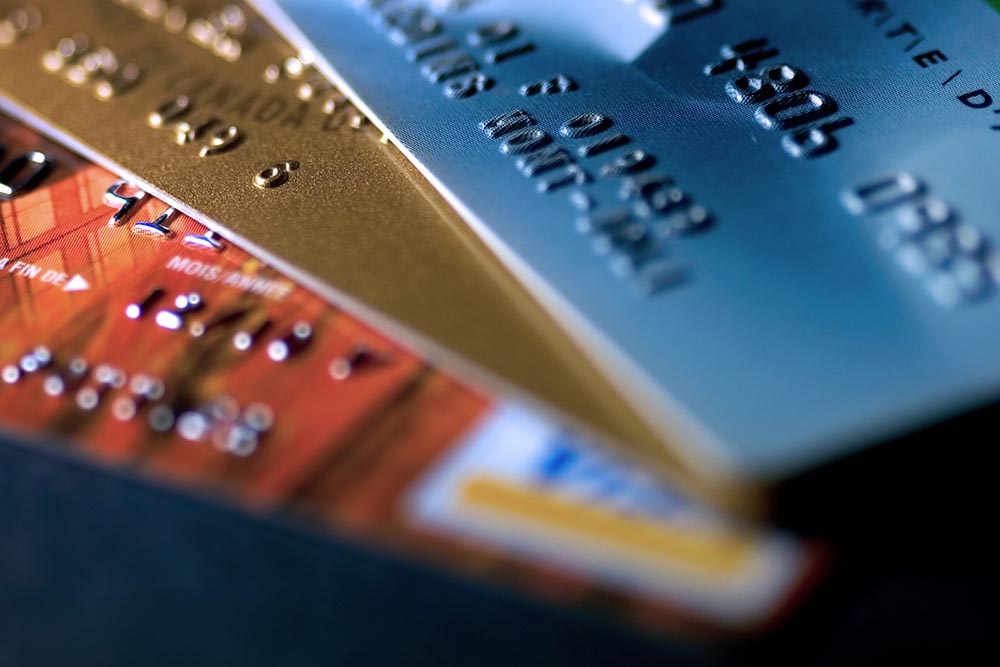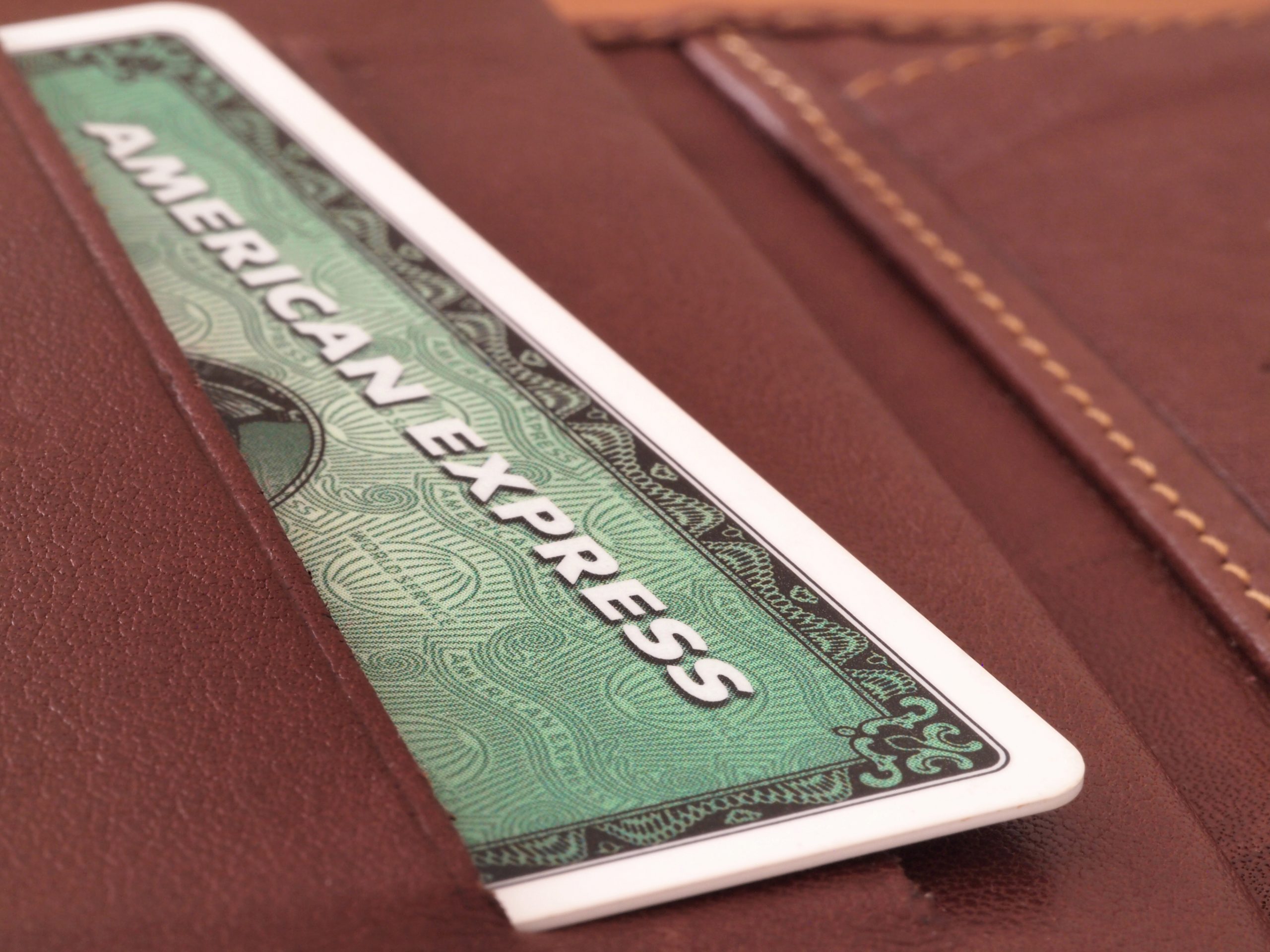Hey, credit warriors. Today we look into 10 things you should never do with a credit card. Some of these may already be familiar to you, others might surprise you. The list is meant to serve as a precautionary warning if you strive to achieve and maintain a healthy credit score.
1. Never miss a payment

Normally, we would say pay your credit card off in full every month, so that you can avoid paying interest. That is the best practice. However sometimes certain unforeseeable things happen and we may spend a large amount of money using a credit card, and can only pay it off over a few months paying interest. Now, that’s not ideal, but it does happen: unexpected medical bills or your car breaks down, you have to change all the tires or the brake pads.
Unexpected bills do happen but, you should always pay your minimum payment. Why is that? Well, we’re going to dive into details in this article.
First of all, what is the minimum payment? Let’s use the Chase Freedom card’s terms and conditions as an example since it’s a very common card. The minimum payment is calculated as the largest of:
- $35 or the total amount you owe if less than $35.
- The sum of 1% of your new balance, the periodic interest charges, and late fees, you’ve been billed on the statement for which the minimum payment is calculated.
In other words, your minimum payment would be $35, unless you have a balance of over $3,500, or you’ve accumulated late fees, interest, etc… It really isn’t that painful on your wallet to meet the minimum payment under most circumstances, and it is important to pay it off as we will see.
What can happen if you don’t meet the minimum payment? Well, on the Chase Freedom, you’d be hit with a $39 late payment fee. And if your payment was more than 30 days late, the credit card company will report that as late to the credit bureaus. And it’ll appear as a missed payment on your credit report. And that will stay there on your report for 7 years. It is important to always meet the minimum payment.
2. NEVER EVER allow a charge-off

A charge-off on a credit card occurs after 180 days worth of missed payments. (All those missed payments will have already tanked your credit score). After 180 days, the bank will most likely close your credit card account. They’ll sell that debt to a debt collection agency. This is called a charge-off.
This will stay on your credit report for 7 years, and you’ll have collection agencies contacting you and also collections appearing on your credit report.
The only way to get rid of a charge-off is to go through the original lender, the original credit card company. Most likely, you will have to pay the debt in full for them to agree to wipe that off your report. But if they’ve already sold the debt to a third-party debt collection agency, they might not be able to help you or they just might not be willing to help you.
Having a charge off will not only harm your relationship with that particular lender but you will also be blacklisted by them. It will harm your chances of getting approved for other credit cards, personal loans, mortgages, other products, or getting the good interest rates on those products because it’s going to tank your score and stay on your record.
Charge-offs can happen by accident if, for example, you have an account that you forgot about and you don’t use anymore, but a little bit of money was on it and you haven’t been paying it off each month. If it goes on for 6 months, then, well, you have a charge off.
This happened to me with my TD Bank account. I had forgotten about it and let it go overdrawn. Six months later, I got a letter saying that I’m getting a charge-off and they were selling my debt. And then a few months after that, a debt collection agency started contacting me.
I didn’t know much about this whole thing at that time. So I thought that maybe the police could seize my property or something. (I found out later that they can’t). But I was new to the country, so I didn’t know the laws. So, I just paid the collection, which was about $200 or so. Luckily, for me, this happened before I had a US Social Security number. So luckily, this charge-off and collection do not appear on my current credit report. (It’s been more than seven years now). So I was very lucky.
3. Never take a cash advance
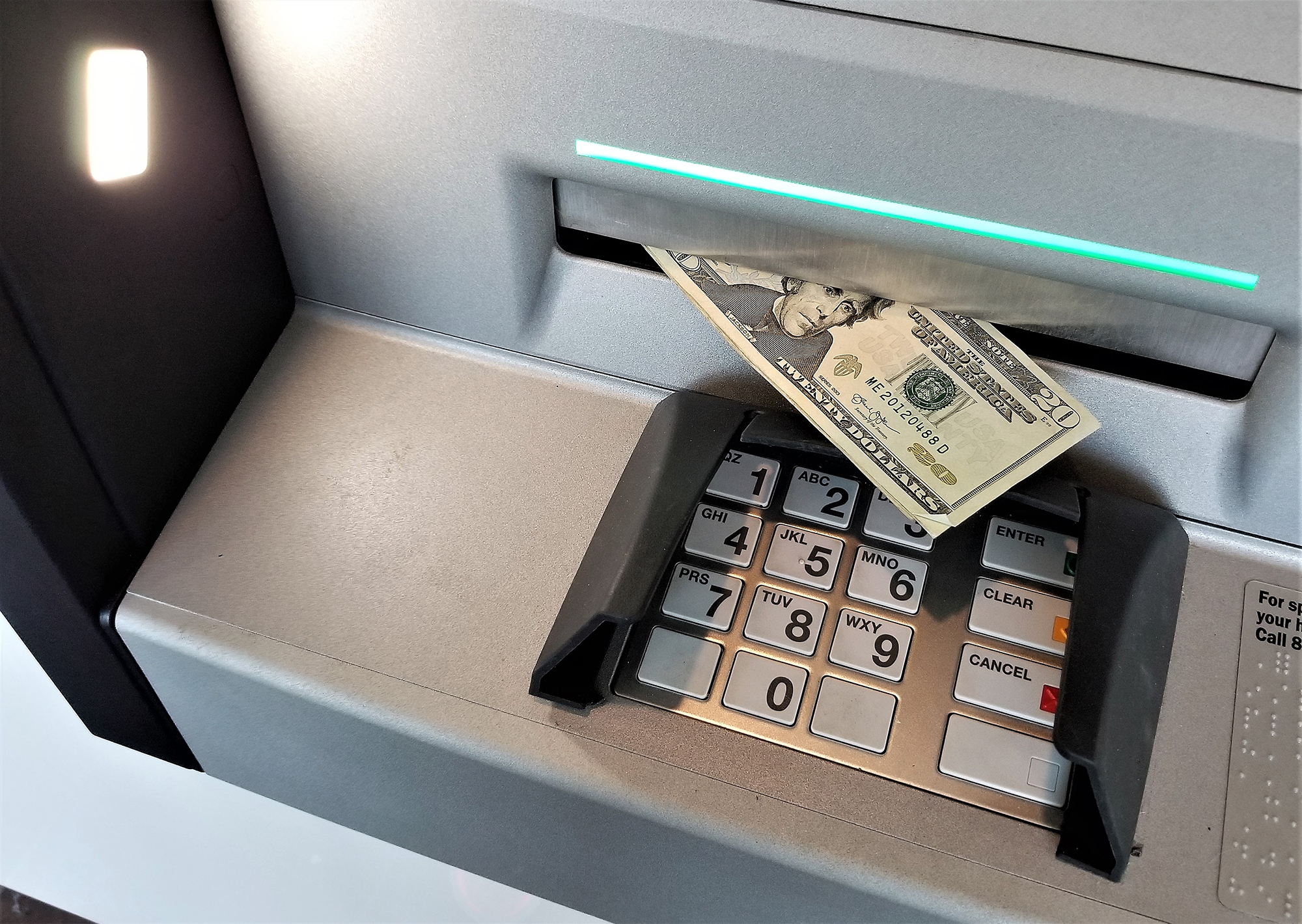
Of course, you may want some cash for various things. But it’s never a good idea to take cash out of an ATM with a credit card. If you want cash, I recommend just using your debit card and getting your own money out of the ATM. If you don’t have any money, borrow some money from your mom or your grandma.
The reason credit card companies don’t like cash advances is that they don’t know where the cash is going, where that money is going, and if you have the ability to pay it back. Maybe it’s going to a crack dealer, for example. So they’ll charge you a higher interest rate for that cash advance.
If we look at The Chase Freedom’s terms and conditions, they say 24.99% for cash advances; which is higher than the regular interest rate. But there’s more – they begin charging interest on balance transfers and cash advances on the transaction date. Which means you don’t get a grace period with cash advances; they start charging interest the moment you make the transaction. On top of that, there’s a cash advance fee of either $10 or 5% of the transaction, whichever is greater. If the transaction is done overseas, you’ll get hit with a 3% foreign transaction fee. If it’s an out-of-network ATM, the ATM will charge a fee on top of that as well. So a cash advance is a big no-no for me.
4. Never Max it out
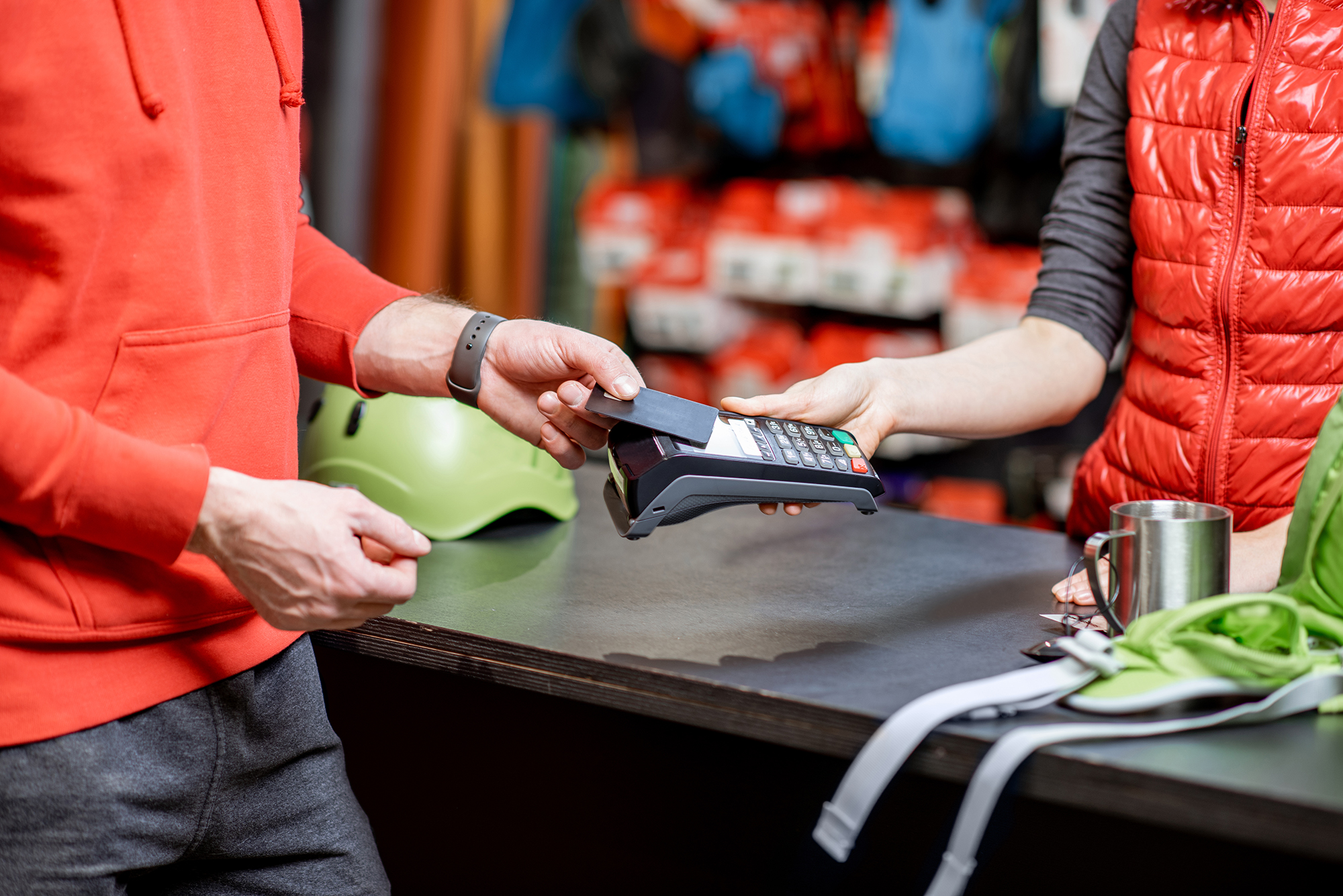
Many people already know this. It’s recommended that you should only use 30% or less of your available credit. Both on individual cards and with your whole credit accounts overall. Once you get to 50% utilization, your score will drop significantly. And if you max it out, let’s say you’re over 90% utilization or really close to the limit, that will have a big impact on your score; it will drop. It could also trigger a financial review, depending on your bank. So if you find yourself with high credit utilization, there are four things that you can do:
- Spend less. (I’m sure you thought of that).
- Ask for a credit limit increase on one or more cards.
- Open a new credit card account and put some of your spendings on that instead.
- Pay back your card before the statement closes. This will stop high balances from being reported to the credit bureaus.
5. Never add an authorized user that you don’t totally trust
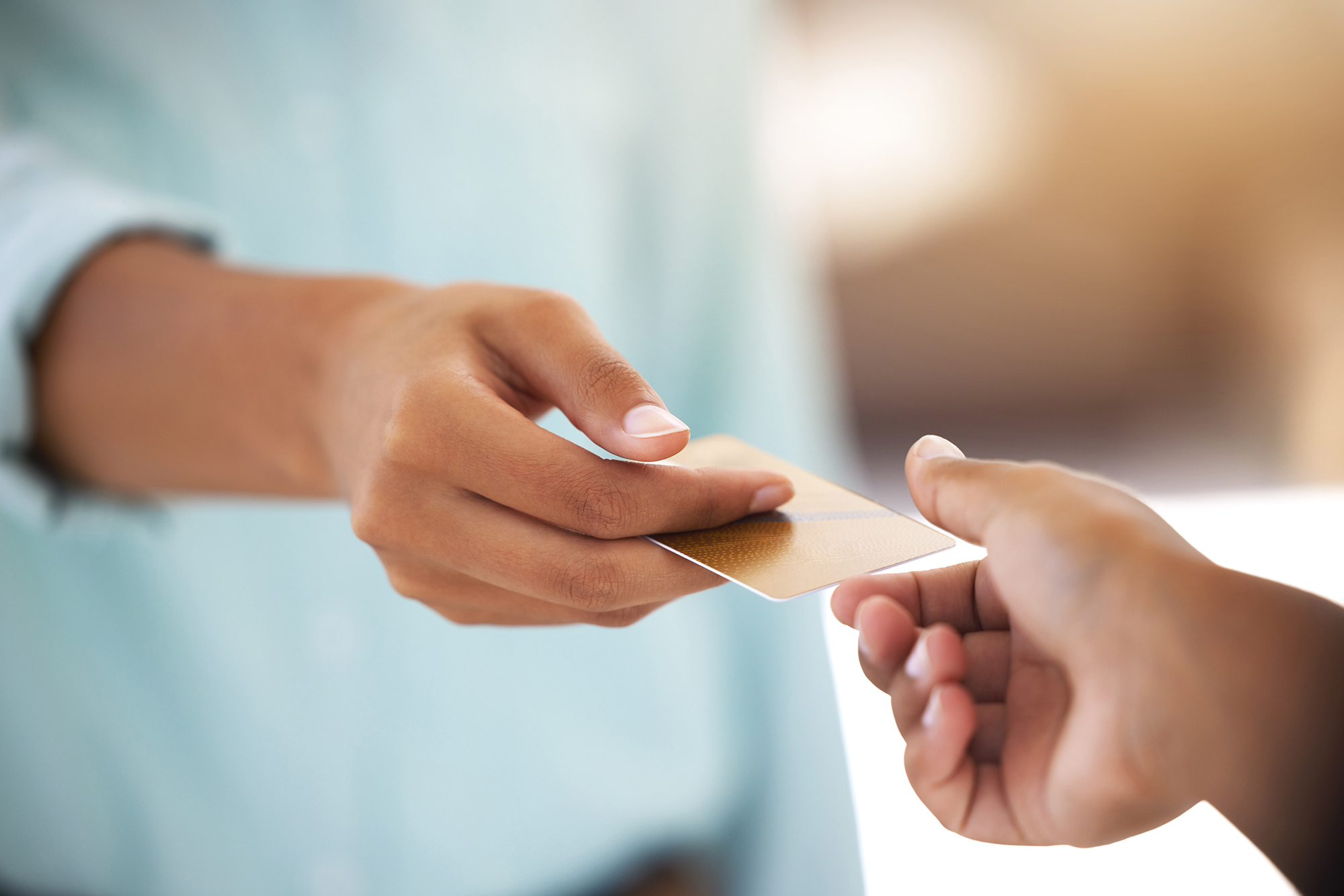
Adding an authorized user means adding someone to your account, who will then be given a physical credit card that they can use to make purchases on your account. Those purchases will show up on your credit card bill.
This does have some advantages because it helps that person build their credit. They would also get some of the benefits of the card, depending on the card, like an extended warranty or lounge access, or whatever it provides. Parents often do this for their kids, for example, to help them build up their credit scores in preparation for graduating from college and getting a job and renting an apartment, etc. You can do this for anyone on most cards, it doesn’t necessarily have to be a family member. (Some cards require that it is a family member but most don’t). You can work out what the arrangement is going to be with regard to paying the money back.
The crucial thing here is that when you apply for the Authorized User Card, you have to sign something that states that you are legally responsible for the charges on the card. So if they go all out and spend loads of money with your card, technically it’s not fraud, because you’ve already allowed them to use your card. But you will be the one who’s going to have to pay it back, there’s no way you can sue them in court for that money because you’ve signed that thing saying that you are liable for their charges. And if the charges go unpaid, it will hurt your credit score. So it’s very important that you don’t add an authorized user that you don’t totally trust.
6. Never forget travel notifications
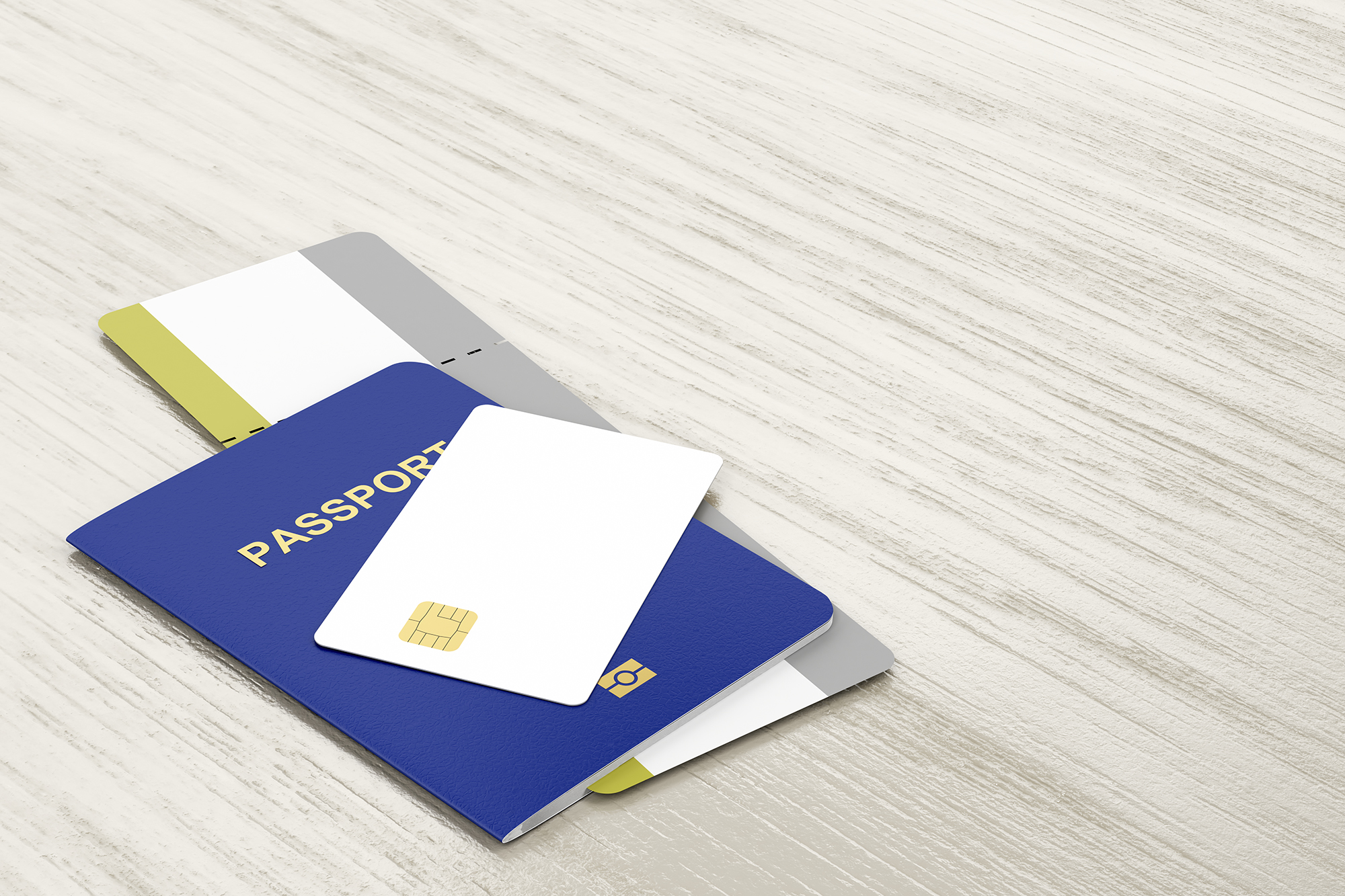
Travel notifications are when you tell the credit card company that you’ll be going overseas so that they don’t automatically block your credit card the first time they detect it being used in a foreign country.
I remember in the past, I would be sitting on the airplane with my phone, waiting for the plane to take off and kind of racing against time before they tell us to turn off our cell phones, calling the bank. But nowadays, most of the time, you can do it online. There’s also American Express, which doesn’t require travel notifications. In most cases, their fraud detection is really good.
With AMEX, when trying to make big purchases overseas, they may send you an email just to check that it is you. It happened to me when I wanted to spend $800 on a new iPhone in Taiwan because my phone broke while I was away. They swiped my Amex Gold Card the first time and it didn’t go through. But then I had a look at the email in the store, and they did indeed send me an email with a button to confirm that it was me. As soon as I pushed that button, we swiped it again, and it went through. So the important takeaway from this is to know your card’s travel notification policy.
With AmEx, you may not have to tell them about your travel, but certain large purchases will require you to allow it through your email. With other cards, they may be more strict and you may have to either phone them or use an online system to tell them which countries you’re going to and your dates so that they will not block your card.
7. Never use a credit card to finance purchases that you could potentially get a lower interest rate on

This refers to using credit cards that you already have. This does not generally refer to a new card because some of those do offer an intro 0% APR. We are talking about cards that you already have, buying expensive items that you will end up having to pay high interest on.
For example, let’s say I was going to buy a new MacBook Pro for $2,799 on a credit card. And I was just all trigger-happy and made the purchase and was ready to pay the 24% APR for however long it took me to pay it off. Well if I just bothered to look down on their website, Oh, what is this, get 3% daily cash with an Apple card or get special financing.
So it’s the special financing that we are interested in. This card is from Barclays. It offers 0% interest on Apple products over $1,000 for 18 months, and that’s as long as you make the purchase within 30 days of account opening. Other stores have similar offers. If you have a look at Raymour and Flanigan, the furniture store, you can see it right on the homepage 0% financing for 36 months, you would have to be an idiot just to walk in there with a credit card and buy a load of stuff without a solid plan to pay it back. Obviously, if you have the money to pay it all back at once, then go for it. But if you can’t, don’t put it on a credit card at over 20% APR. Finance it; you can explore many other options as well, like the Raymour and Flanigan financing, which gives you 36 months, you’re never going to find an intro APR period of 36 months on any credit card.
8. Never make purchases that incur transaction fees

While most stores do not charge extra for using a credit card, there are some types of businesses that do. For example, certain utility companies may charge a 3% fee for using a credit card, some healthcare providers also add a credit card charge. And there’s no point in using a credit card if you’re going to get charged a fee because it’s just going to wipe out all of the rewards that you’re going to earn through that spending.
There is one exception to this and that is if you need to do the spending to meet the minimum spend, and you’re struggling to get to whatever target is, say $5000 in 3 months, you may want to pay your utilities with it and have a 3% fee just to get yourself up to that level. And then if you want to get 50,000 points or 60,000 points, it outweighs that small fee that you have to pay.
9. Never use a credit card while applying for a mortgage
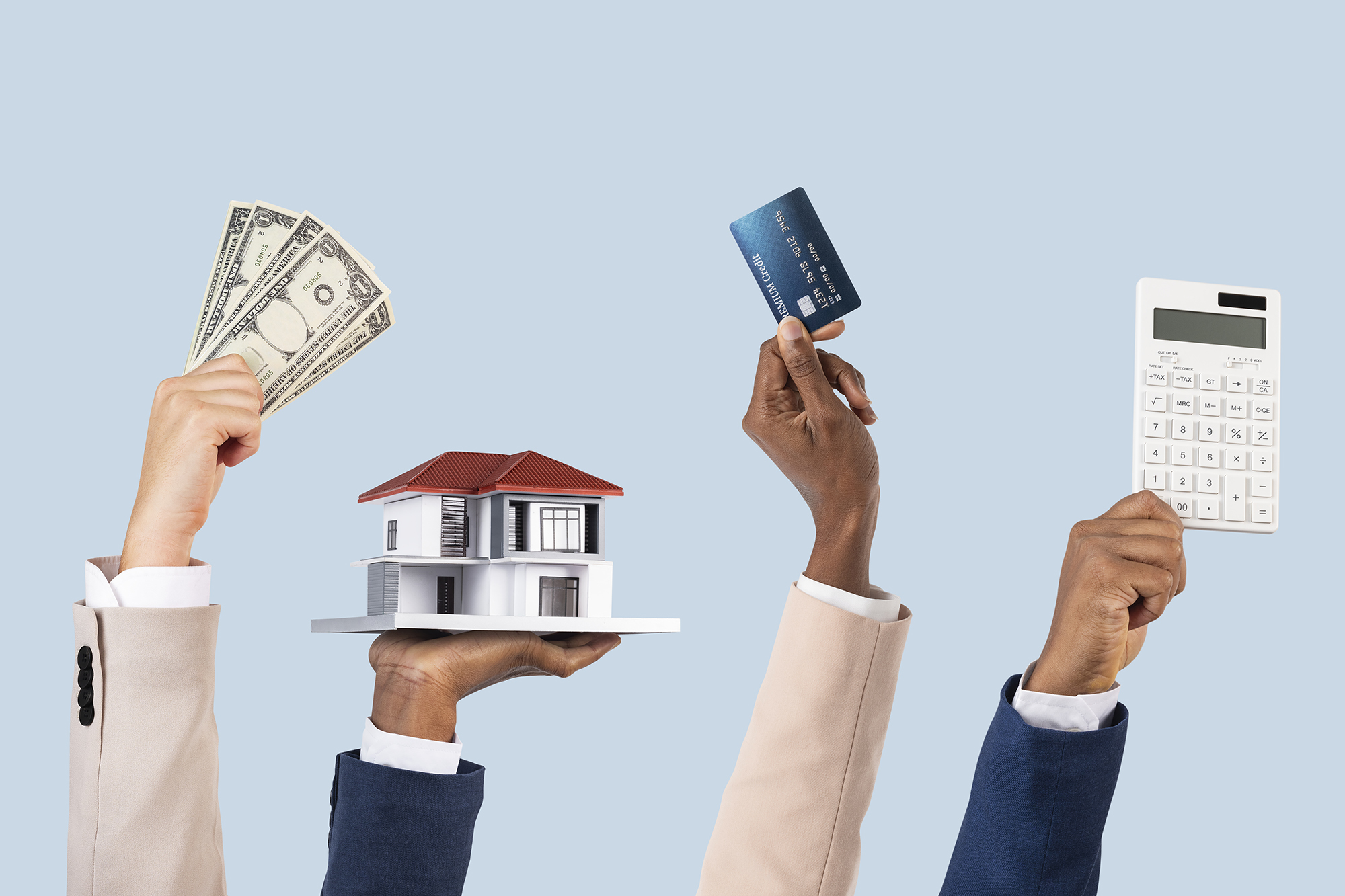
A mortgage application is the most in-depth financial review most people will go through in their whole lifetime. Using a credit card during the period while you’re applying for a mortgage and letting it be reported to the credit bureaus can affect your debt-to-income ratio, which affects how much house you can afford.
You may be able to get around this by providing credit card statements from like three months or whatever, showing that it is paid off in full every month not accumulating debt. But for me, this was just too much hassle. So while I was applying for a mortgage, I just stuck with my debit card. Another strategy could be to use a credit card but always pay it off before the end of the statement so that it doesn’t report to the credit bureaus.
10. Never use a credit card to pay for other loans

This should be obvious, but we have to talk about it and the reasons behind it. To pay off other loans with a credit card, you’ll probably need a cash advance which obviously, as we said, starts incurring interest from the moment you make that cash advance and there is a fee for it. The debt that you want to pay off may be at a lower interest rate than your credit card anyway, so it would make more sense to pay off your credit card first and then tackle that debt.
But, the best way to get out of debt is to go for some of the tried and tested methods and not just replace one debt with another debt. So for example, making a budget; cutting down on unnecessary expenses, and also shifting credit card debt onto a balance transfer card where you pay 0% APR for a certain number of months. All those things can help you pay off your debt faster.
So lets recap:
- Never miss a payment
- NEVER EVER allow a charge-off
- Never take a cash advance
- Never Max it out
- Never add an authorized user that you don’t totally trust
- Never forget travel notifications
- Never use a credit card to finance purchases that you could potentially get a lower interest rate on
- Never make purchases that incur transaction fees
- Never use a credit card while applying for a mortgage
- Never use a credit card to pay for other loans
Follow these and you’re on the road to success. Watch for our next article about 10 things you should do with a credit card!



